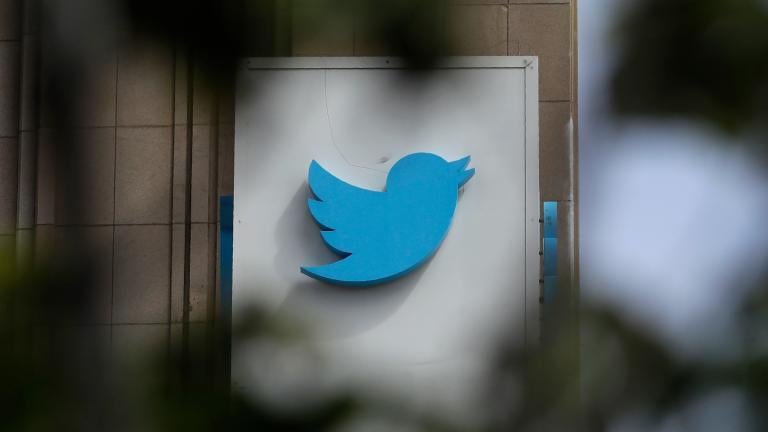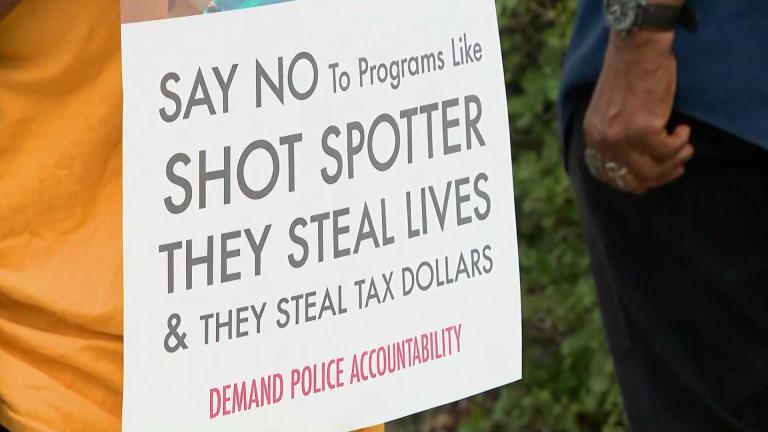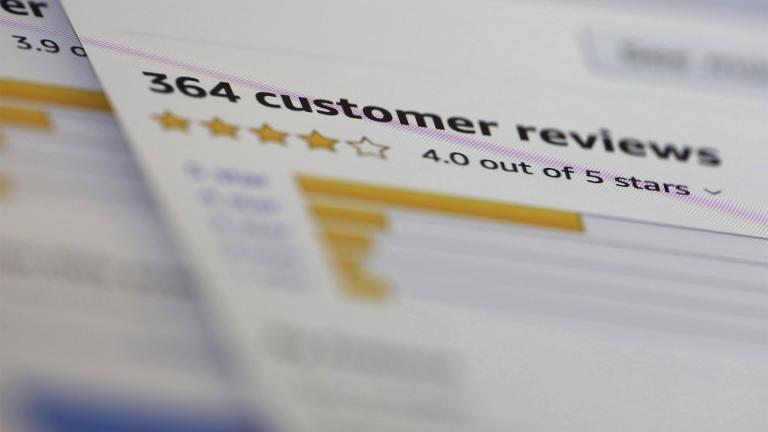The debate over net neutrality is at the very core of how the Internet will develop.
For some, the idea that all data on the internet should be treated equally is the cornerstone of an open internet. But that principle has been challenged in court by Internet Service Providers, or ISPs, who want to be able to charge a fee for traffic carried on their network, charging the likes of Netflix a higher fee for a faster service that allows consumers to download and livestream their content quickly.
Earlier this month, President Barack Obama entered the debate, saying he wants the FCC, which regulates ISPs, to endorse the “strongest possible rules” to protect net neutrality.
So how will this all shake out? Two experts weigh in on the issue.
![]()
What is net neutrality?
Net neutrality is the idea that all Internet traffic should be treated the same way no matter what websites you surf, or which service provider you use for Internet access—e.g., Comcast, Time Warner, Verizon, etc. Supporters of net neutrality believe that all content and services should be charged the same. For example, if you use Hulu or Netflix, your broadband Internet Service Provider (ISP) should not be able to charge you more to use those services.
Why is this an issue?
In January 2014, Verizon successfully challenged a set of FCC regulations for net neutrality standards. A Washington, D.C. federal appeals court said Verizon’s broadband Internet service could disregard FCC rules regarding the blocking of Internet traffic because it did not have jurisdiction to regulate it as a “common carrier” utility (like gas, electricity or landline telephone lines). Currently, the FCC regulates ISPs as “information services” not as a public utility. But the decision in Verizon v. FCC left room for new rules to be written by the FCC. This summer, 4 million public comments were posted on the FCC’s Internet forum in support of keeping the Internet open and content treated equally.
Who wants it to change?
Internet Service Providers want a so-called “Internet fast lane” for certain content which means there would be a prioritization surcharge. Some opponents of net neutrality also believe government regulation would not promote competition, growth and infrastructure improvements. FCC Commissioner Mike O'Reilly said that reclassifying broadband as a public utility and the subsequent government regulations would force Internet users to pay a new federal tax. “Consumers of these services would face an immediate increase in their Internet bills.”
Isn’t upcharging already happening?
Netflix recently signed deals with Comcast and Verizon to boost speed of their streaming video which accounts for up to 34 percent of Internet traffic in the U.S. during peak times. But supporters of net neutrality argue that smaller competitors who want to challenge Internet behemoths like Netflix, Facebook, Twitter or Google won’t be able to afford to pay the ISPs the upcharge. Netflix raised prices in May.
What’s next?
President Obama has come out strongly in favor of net neutrality but the FCC is an independent body. FCC Chairman Tom Wheeler (who was previously the president of the National Cable & Telecommunications Association, a lobbying group for the cable industry) wants to finish the rules by the end of the year. Wheeler wants a proposed hybrid solution saying, "What I've got to figure out is how to split the baby.” So he may delay his 2014 deadline to ensure the new rules can withstand a court challenge. Internet providers have vowed to litigate any FCC rule change.
Need more information?
The New York Times has a thorough archive of its net neutrality coverage and a video explanation. For a more humorous look at net neutrality, you can check out Stephen Colbert’s commentary and his interview with Columbia University Law Professor, Tim Wu, who coined the phrase “net neutrality.” HBO’s “Last Week Tonight with John Oliver,” also took a poke at net neutrality. And finally, the satirical website “Funny or Die” has three comediennes playing adult entertainers talking about what happens if ISPs are allowed to throttle content.








